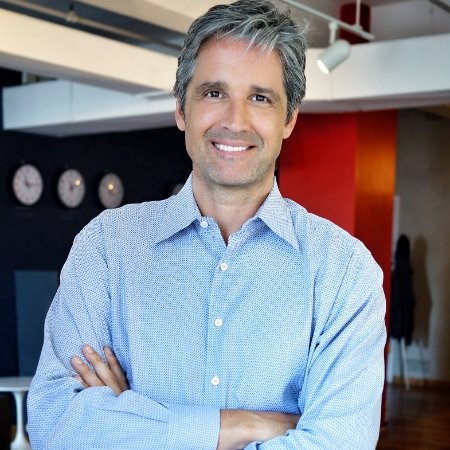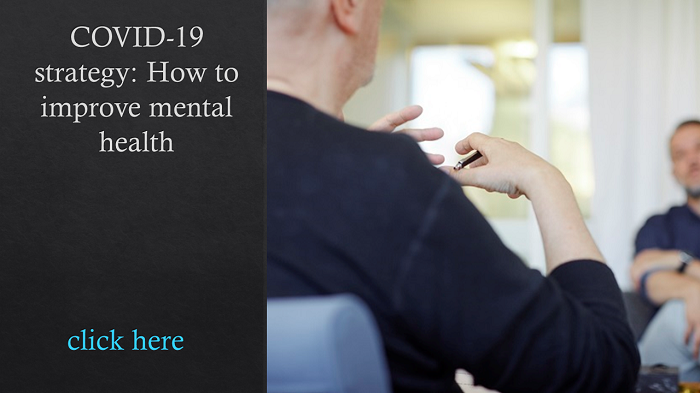A year-plus after lockdowns began and dramatic shifts to remote work upended the day-to-day realities for many employees, workplace mental health has moved from conversations in the C-suite to a front-and-center pandemic within a pandemic.
Louis Gagnon, CEO and managing director at Total Brain, has been tracking several mental health indicators since before the pandemic began as well as studying the impacts of the pandemic on workforce mental health since March 2020.
“It was a real roller coaster,” he said Wednesday at the virtual Health & Benefits Leadership Conference. As of March 2021, about 24% more people reported higher anxiety than a year earlier.
Also see: Gen X workers experiencing worrisome mental health declines

Louis Gagnon
“Before this pandemic, there was a pandemic called the mental health crisis,” Gagnon said. As much as 60%-65% of employees were at risk of at least one condition prior to the pandemic. “That is huge. It means two-thirds of your workforce is not at their best.”
Improving employee mental health is going to be a strategic imperative going forward, said Colleen McHugh, executive vice president of the American Health Policy Institute.
“We all know mental health has been an issue; the pandemic just completely ripped the Band-Aid off and made this front and center for employers,” she said.
For many, the pandemic is a wake-up call to evaluate how they’re contributing to the issue, said Daryl Tol, executive vice president of One Mind at Work. “We’ve taken this approach that people bring mental health challenges to work and we need to do things to help them. The reality, is we cause a lot of those problems.”
Also see: Burnout is soaring during COVID-19: How can employers help?
The design of work actually matters, he said, urging employers to evaluate the way they work. Providing purpose is imperative to engage with employees.
“For many, working at home had a purpose—to help with a response to the pandemic,” he said. But he added a warning: “If people are isolated without purpose, I think we’ll see this get worse again.”
 In fact, the mental health pandemic could have been much worse, but employers got ahead of the problem and lessened its effects, said Mike Thompson, president and CEO of the National Alliance of Healthcare Purchaser Coalitions.
In fact, the mental health pandemic could have been much worse, but employers got ahead of the problem and lessened its effects, said Mike Thompson, president and CEO of the National Alliance of Healthcare Purchaser Coalitions.
Looking ahead, the new mantra for employers will be helping employees disconnect, Thompson said. “This whole issue of continuously being on is burning people out and we’re going into a very hot economy,” he said.
McHugh agreed.
“And be authentic,” she said. “We need to be real and make sure we’re putting their health first and talk about it. ‘Can you get your job done via a nontraditional work schedule?’ That’s ok for some jobs as long as you’re meeting objectives and getting the job done.”
*
Conference sessions will be available through June 11. Click here to view this entire session.